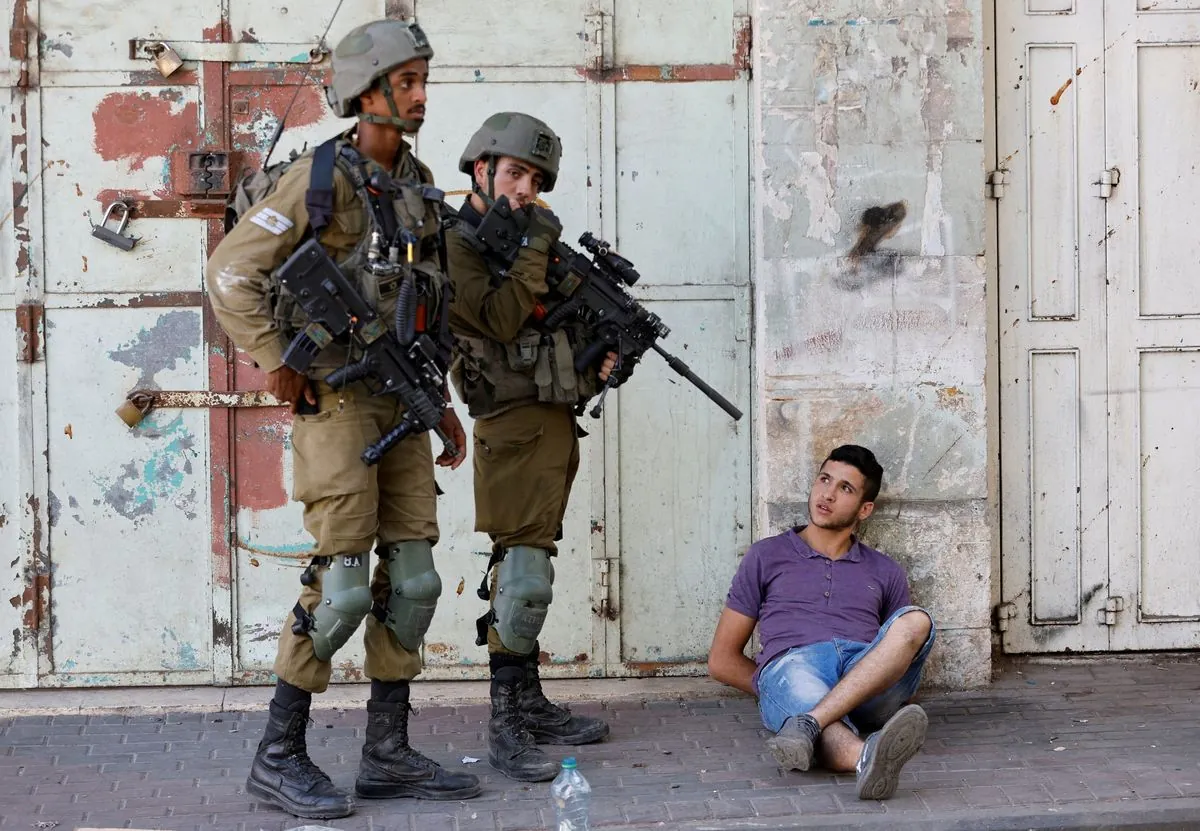U.S. Continues Funding Israeli Unit Despite Human Rights Concerns
The Biden administration will maintain support for an Israeli security unit previously accused of human rights violations. The decision follows remediation efforts but faces criticism from human rights experts.

The Biden administration has announced its decision to continue providing funding to an Israeli security unit, despite previous findings of human rights violations. This decision, revealed on August 9, 2024, marks the conclusion of a months-long investigation into the Netzah Yehuda battalion, an ultra-Orthodox unit within the Israel Defense Forces (IDF).
State Department spokesman Matthew Miller stated, "This unit can continue receiving security assistance from the United States of America." The announcement comes after the unit was deemed to have been "effectively remediated" following accusations of wrongdoing in the death of Omar Assad, a 78-year-old Palestinian American, in 2022.
The decision has been met with mixed reactions. It is viewed as a victory for Israeli Prime Minister Benjamin Netanyahu but has drawn criticism from human rights experts within the State Department and Pentagon. These experts had built a case over years arguing that certain Israeli units should be barred from U.S. assistance under the Leahy Laws.

Charles Blaha, a former State Department official, expressed concern about the decision: "I have never seen a case where administrative measures such as the ones employed here were sufficient for remediation. This is especially troubling when one of the allegations against this unit is that the unit is responsible for the death of an American citizen."
The case of Omar Assad, who died after being detained at a West Bank checkpoint, has been a focal point of the investigation. According to the IDF, Assad suffered a stress-induced heart attack, likely brought on by being bound, gagged, and held by Israeli forces. The IDF acknowledged that his death resulted from "moral failure and poor decision-making" by the soldiers involved.
In response to the incident, the IDF implemented several measures:
- Enhanced screening requirements for battalion personnel
- New control mechanisms during soldiers' training
- A two-week educational seminar unique to the battalion
- Improved documentation of conduct
The State Department cited these measures as reasons for its decision to continue funding the unit. However, critics argue that the consequences do not match the severity of the incident, which some describe as a "criminal homicide."
The decision to maintain funding for the Netzah Yehuda battalion comes amid ongoing tensions in the region. It reflects the complex nature of U.S.-Israel relations and the challenges of balancing security cooperation with human rights concerns in the context of the Israeli-Palestinian conflict.
As this decision unfolds, it raises questions about the effectiveness of the Leahy Laws and the broader implications for U.S. foreign policy in the Middle East. The continued support for the Israeli unit will likely remain a topic of debate among policymakers, human rights advocates, and international observers in the coming months.
"If anyone thinks they can impose sanctions on a unit of the IDF — I will fight it with all my strength."
This statement underscores the Israeli government's firm stance against any potential sanctions on its military units, highlighting the political sensitivities surrounding this issue.


































